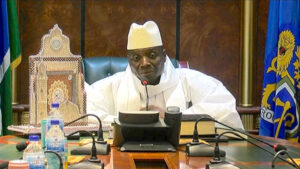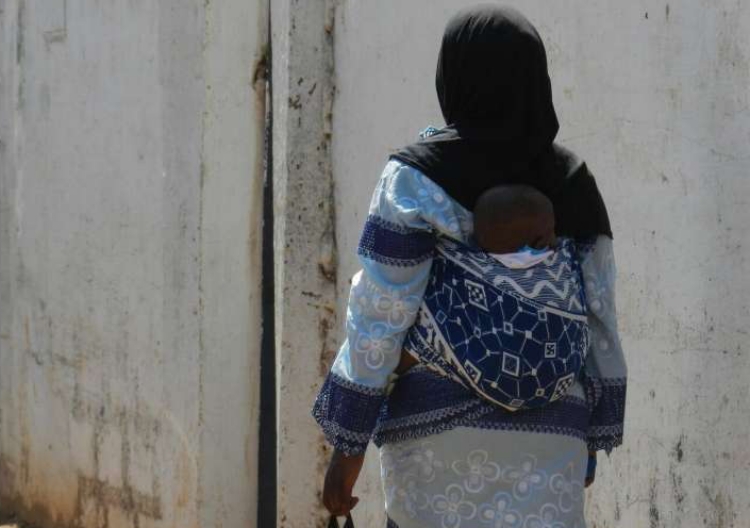Gambiaj.com – (BANJUL, The Gambia) – A groundbreaking academic study has revealed the deep and lasting psychological, social, and communal scars left by state-sponsored witch hunts carried out under former President Yahya Jammeh in The Gambia between 2008 and 2009.
The research, led by Professor Mick Finlay of Anglia Ruskin University (ARU) in collaboration with the University of The Gambia and Nottingham Trent University, is the first of its kind to explore the long-term impact and stigma linked to government-led witchcraft accusations.
The study, published in the Journal of Community and Applied Social Psychology, features firsthand interviews with victims, their families, and community members from some of the hardest-hit regions.
The witch hunts, which took place mainly in the West Coast and North Bank Regions, were orchestrated by Jammeh’s regime using so-called “witch hunters” brought in from neighboring countries and backed by Gambian security forces.

Hundreds of people—mostly elderly—were forcibly detained, subjected to degrading treatment including beatings and rape, and accused of witchcraft. An estimated 41 people died as a result, while survivors returned home to face isolation and discrimination.
“Our extensive fieldwork showed that not only did victims of the witchcraft accusations have to deal with the trauma of the human rights abuses, they also experienced a range of longer-term stigmatizing effects from sections of their communities,” said Professor Finlay.
The study found that the stigma often extended beyond individuals to entire families and villages. Children of accused victims were bullied in school, while families were ostracized, and entire communities were labeled as “witch villages” by neighboring areas. The result was lasting social fragmentation, broken trust, and damaged reputations.
Despite transitional justice efforts, including The Gambia’s Truth, Reconciliation, and Reparations Commission (TRRC), many victims told researchers they still feel overlooked.
The study shows that 98% of surveyed community members expressed sympathy for the victims, while 99% agreed that the government should provide more support.
Almost all participants—98%—believed witchcraft accusations should be criminalized, and 95% supported punishment for those responsible for such abuses.
Still, 25% of those surveyed—including some victims—maintained that the threat of witchcraft was real, underlining the complex relationship between traditional beliefs and human rights.
“There was a strong desire among those we spoke to for official recognition of the injustice they suffered,” Professor Finlay added. “Addressing the stigma of Jammeh’s witch hunts involves restoring the good name of the victims through official declarations as well as rebuilding their social roles and relationships.
Among the recommendations from participants were public statements of exoneration, legal reforms, financial reparations, psychological counseling, and community-led reconciliation dialogues to help heal damaged social bonds.
The research also involved the Women’s Association of Victims’ Empowerment (WAVE), a Gambian charity supporting survivors of state abuse.
According to the authors, the findings hold valuable lessons for other countries undergoing transitional justice processes, particularly where traditional beliefs—like witchcraft—clash with human rights frameworks.










